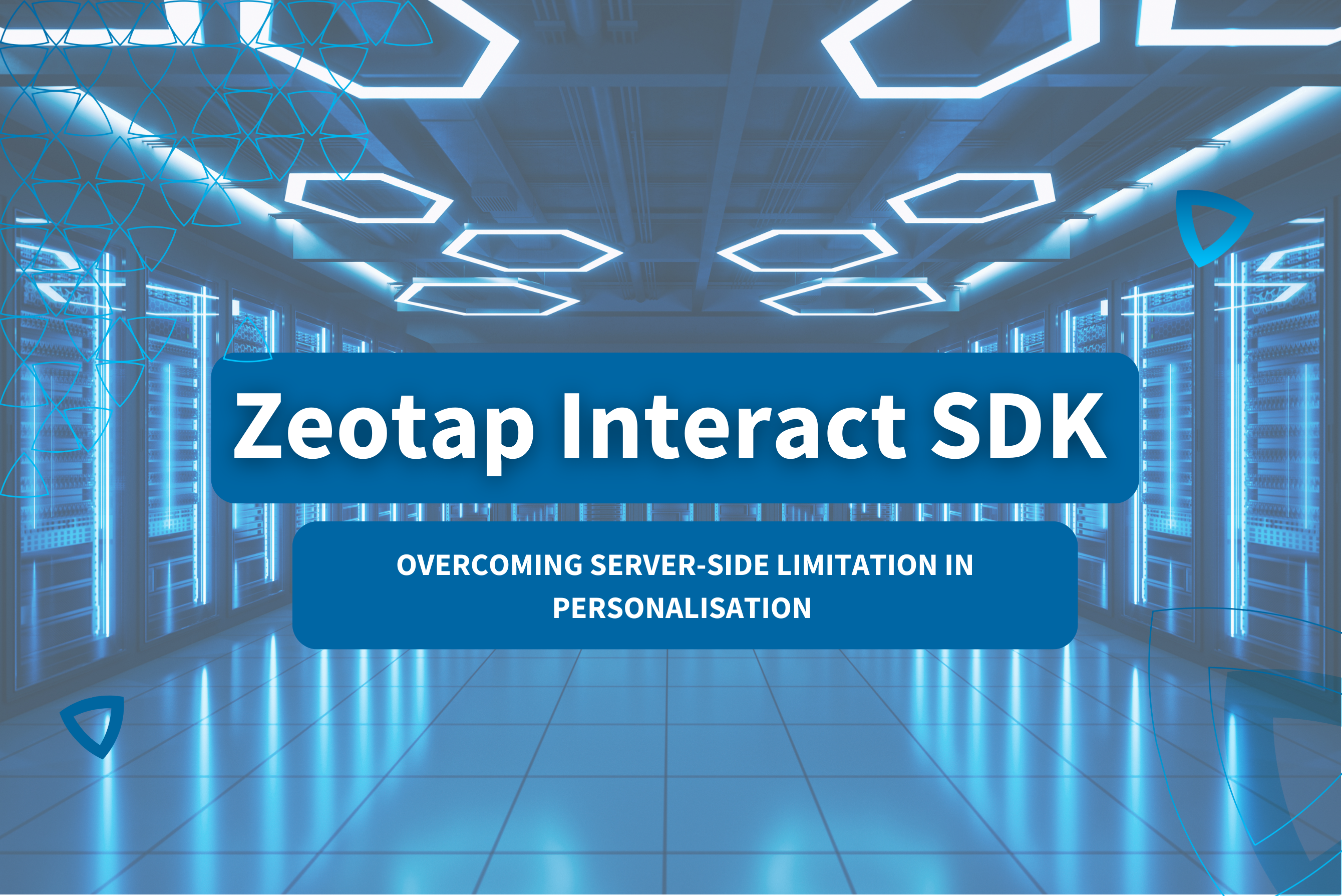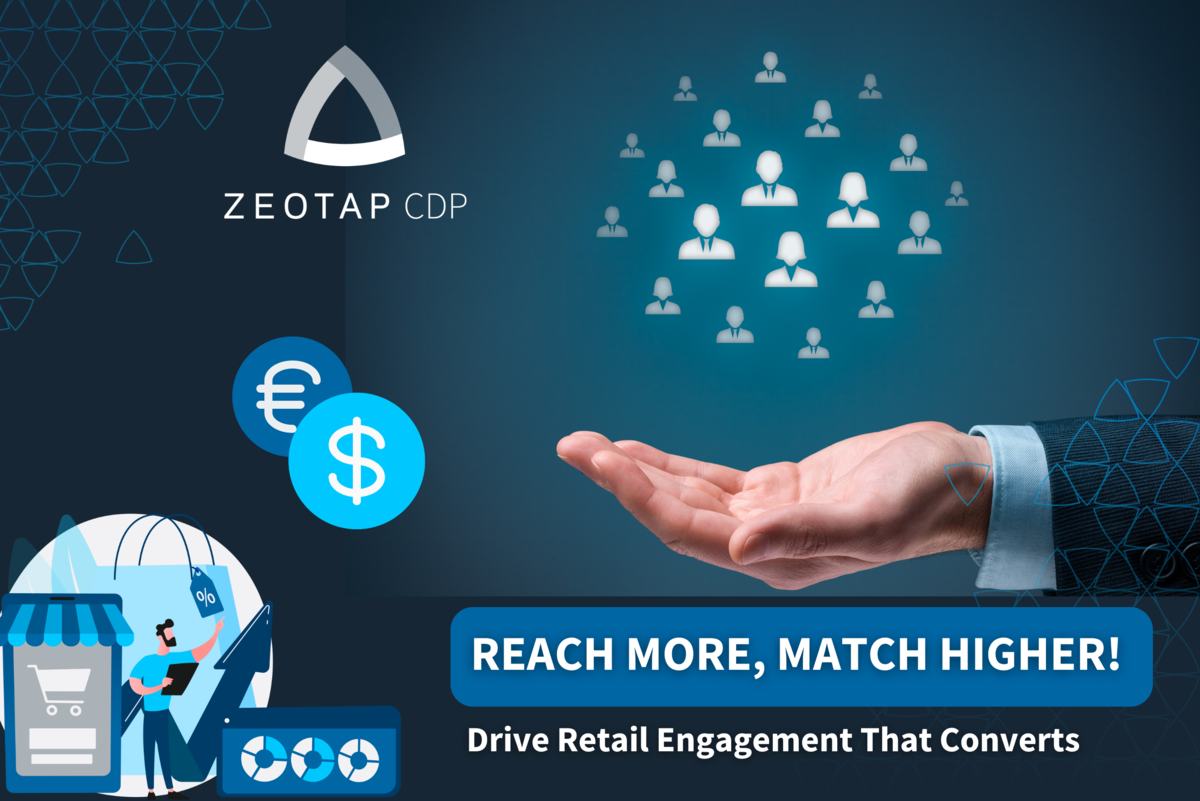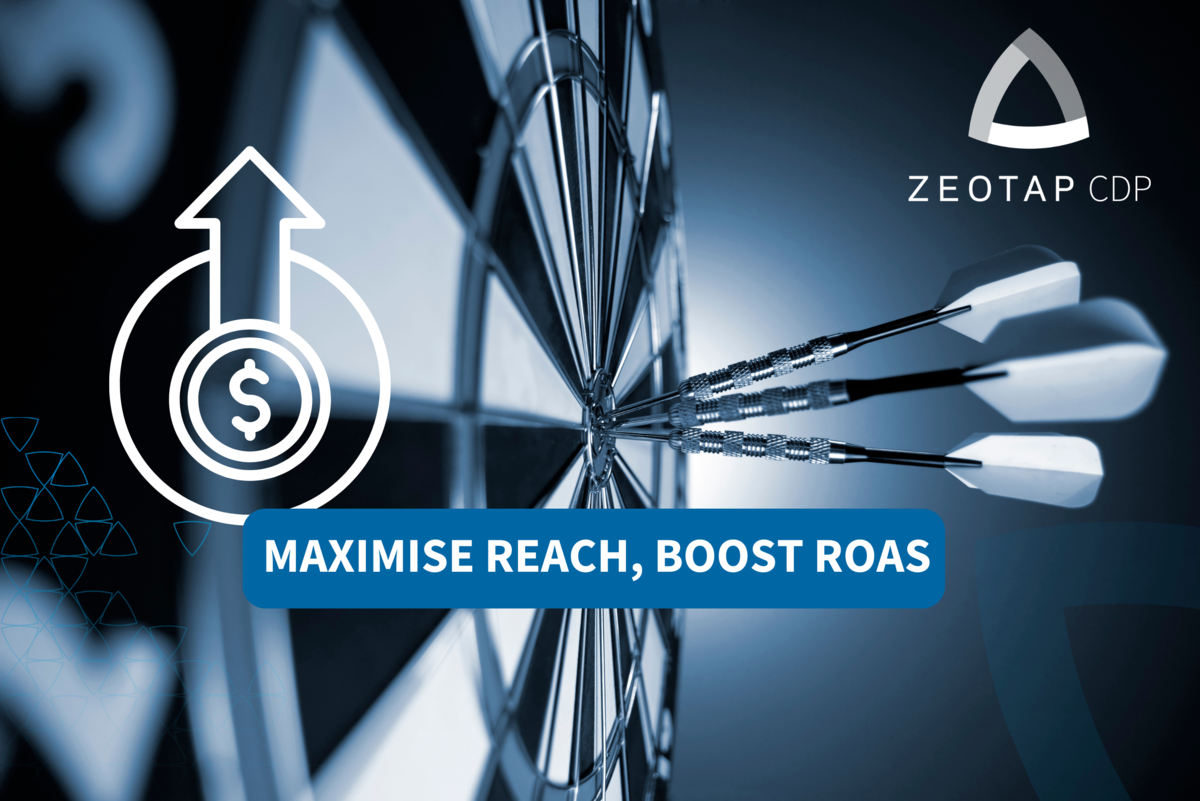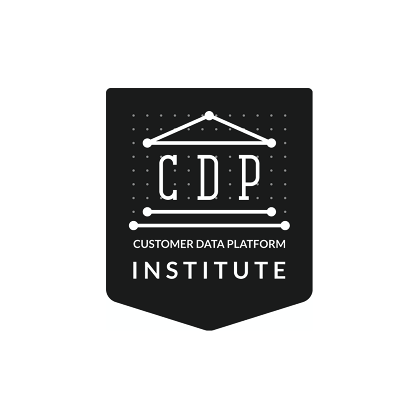In today’s digital landscape, artificial intelligence (AI) is reshaping performance marketing by streamlining tasks and enabling marketers to create increasingly targeted campaigns. As marketing efforts grow even more data-driven, Customer Data Platforms (CDPs) are essential for managing customer information. However, CDPs might be complicated for some users.
With this in mind, AI is playing a crucial role in elevating the capabilities of these platforms, providing marketers with deep insights and effective tools to better segment and reach audiences with precision – all while making things simpler. AI makes CDP usage easier by enabling users to build segments without coding or the technical skills previously required. Marketers are finding that AI-driven CDPs not only enhance campaign effectiveness and personalisation but also significantly boost overall marketing efficiency, allowing them to focus more on strategy and creative execution.
CDPs and AI make creating effective target audiences simple
Creating effective target audiences is critical for running successful campaigns, but it has traditionally been a complex and time-consuming task. By leveraging AI, marketers can streamline the process, making campaigns more efficient, impactful – and ultimately boost the ROI of their efforts.
It all starts with data processing at speed and scale. Today’s AI tools excel at processing vast amounts of data quickly and accurately. Traditional methods of audience segmentation involve manual analysis, which is often slow and can result in some errors. AI tools can sift through large datasets, identifying patterns and insights that humans might miss – this is critical in helping brands deliver better experiences to audiences, and uncovering new revenue opportunities.
Refining key segments with AI
Within a CDP, marketers can track and analyse customer interactions across multiple touchpoints, including website visits, email, social media, purchase history, and more. By understanding these behaviours, a CDP enables marketers to better refine key segments based on specific actions and preferences. For example, it is easy to distinguish between frequent buyers and occasional shoppers, enabling them to create more tailored marketing strategies for each group. This ensures brands and marketers can optimise messaging and creative. In this process the role of AI is to streamline the work by providing a conversational interface for audience segmentation – a major step towards making the use of a CDP more intuitive for non-technical users.
Going a step further, AI enhances demographic profiling by using machine learning algorithms to analyse and categorise customers based on demographic attributes like age, gender, income, and location. For example, AI can identify high-value customer segments in a specific geographic area or demographic group, allowing marketers to target these segments with relevant offers and messages.
In practice, AI supported CDPs enable marketers to easily ‘chat’ with the tool to find campaign optimisations – much like what people have experienced with today’s leading AI tools. In reality, marketers can simply describe the segmentation criteria they need in a conversational language, and the tool builds the conditions for the user to review, make changes or save to create an audience. From there, users can activate the audiences by adding destinations or using them in customer journeys.
For more information on how AI tools support today’s CDPs, check out our blog
Unlock independence and operational efficiencies
It’s very common for today’s businesses to have massive amounts of customer data stored across their company – fragmented by old systems, tools and procedures. Because of this data often isn’t shared across teams or departments; and if it is, it is slow.
CDPs help quickly aggregate data from all key touch points – effectively eliminating data silos. The data is then analysed to create individual-level, dynamically updated customer profiles for existing audiences and new prospects. With these profiles, marketers can bolster their unique audience segments and activate them across all marketing channels such as paid media, SMS marketing, customer service tools and more.
Additionally, marketing engagements can be created in-line with specific consumer’s expectations and behaviours. As AI is integrated into CDPs, marketers can be even more independent from resource-constrained IT teams, enabling them to access insights like purchase history, content engagement, campaign responses, social media interactions, location data, loyalty program participation and more. When used together, hyper personalised campaigns come to life.
Real-time analytics and personalisation
Another way AI supported CDPs usher in the next era of digital marketing, is in real-time analytics. This capability ensures marketing strategies remain relevant and responsive to current customer behaviours and preferences – and this is critical in today’s digital environments. Consumers are more apt to change their tastes and preferences, making it more important than ever for brands to constantly stay up-to-date.
As customers interact with a brand, their preferences may change. AI continuously updates customer segments to reflect these changes, ensuring the personalised content remains relevant. Additionally, by leveraging a CDP to analyse historical data, AI can forecast future customer behaviours and preferences, too. For instance, if a customer frequently purchases certain types of products, AI can predict their likelihood of purchasing similar items in the future. These insights allow marketers to anticipate customer needs and tailor their engagement strategies accordingly.
Additionally, AI can provide contextual personalisation capabilities, by understanding the context of customers’ ongoing interactions. This includes factors such as time of day, location, weather and the device being used. All together, these insights help brands and marketers make more informed and personalised engagement decisions.
Conclusion
AI is revolutionising digital marketing by enhancing CDPs, making them more intuitive and powerful tools. By integrating AI, CDPs can offer deeper insights, better segmentation, and more precise targeting – ultimately leading to higher conversions. AI simplifies the complexities of data processing and audience segmentation, enabling marketers to create and deliver personalised content with ease. As AI continues to advance, its role in digital marketing will only become more critical, driving greater efficiencies and more successful campaigns. Brands that embrace AI-powered CDPs now will be better positioned to stay ahead in the ever-evolving digital marketing landscape.

































